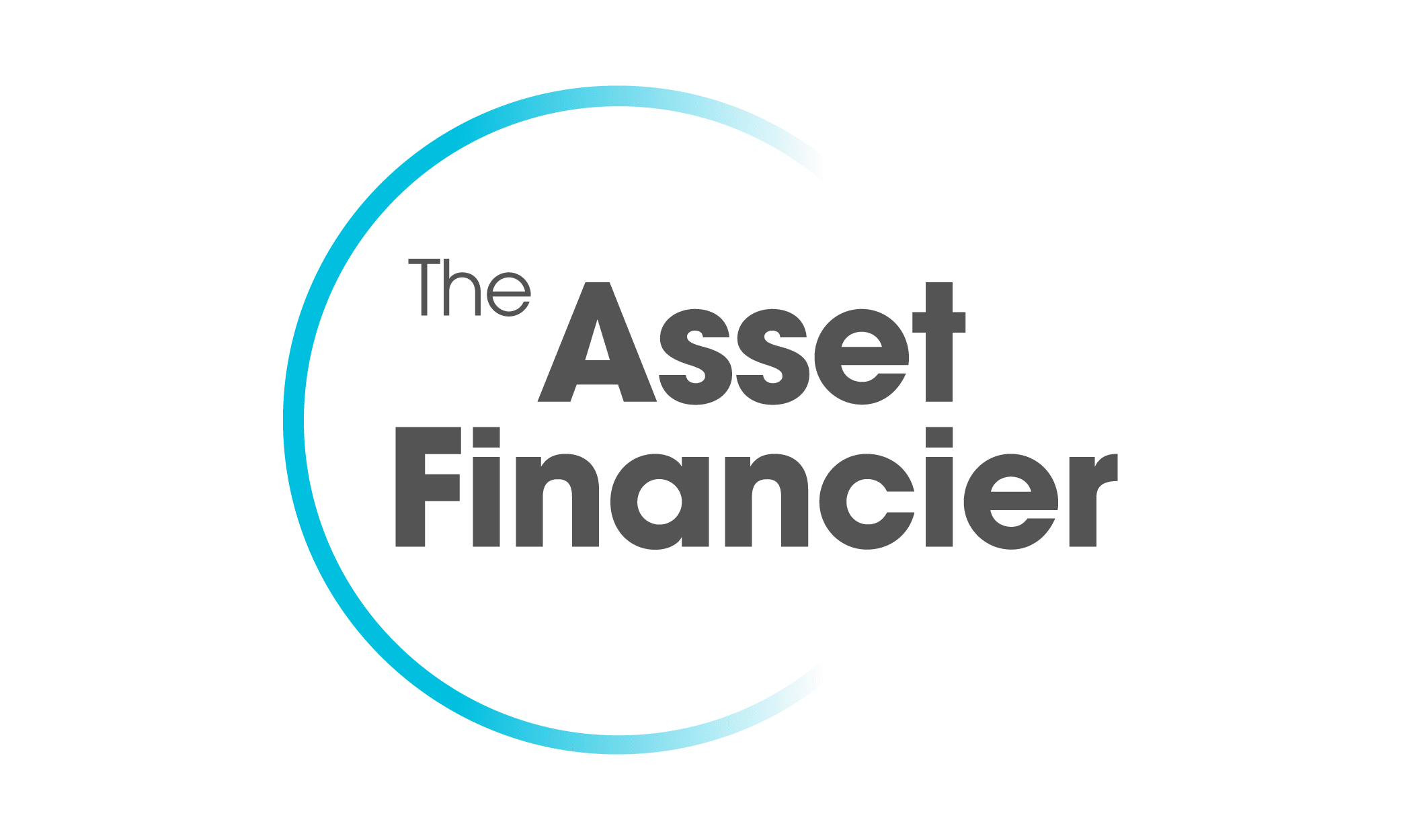For many students, owning a car is essential for balancing studies, work and social life – but buying one while still studying isn’t always easy. If your savings won't cover it, a car loan could be the solution. While there aren’t loans specifically for students, you could be approved for a standard car loan, provided you meet the lender's criteria. This may be more challenging if you’re not yet in full-time work, but by comparing your options with Savvy you can find a car loan that suits your budget and needs.
How do I qualify for a student car loan?
Many students are eligible for car finance, even with limited income, employment or credit history. However, you might face stricter lending criteria, lower borrowing limits or higher interest rates than more established borrowers.
That said, getting approved isn’t out of reach. In fact, just over 10% of Savvy’s car loan customers in 2025 were casually employed – showing that irregular work or a lower income doesn’t have to hold you back from car finance.
To qualify, you’ll need to meet the same basic requirements as any other borrower. Here’s what lenders typically check:
- Age: you must be at least 18 years old to take out any loan product in Australia, whether you are a student or in full-time work.
- Residency: most lenders require you to be a permanent resident or citizen of Australia, though some temporary visas may be accepted by certain lenders.
- Income: you’ll have to show proof of regular income, though in many cases the threshold is not high and you could get approved for a car loan even as a casual or part-time worker.
- Credit score: a higher score can boost your chances of approval and potentially qualify you for lower interest rates. As a student, you may have a limited credit history, but some lenders specialise in working with borrowers with poor credit.
You’ll also need to provide supporting documentation with your application, including:
- Valid ID (e.g. driver’s licence or passport)
- Proof of income (such as recent payslips or bank statements)
- Proof of address (such as a utility bill or rental agreement)
- Details of the car you’re buying, if you’ve already chosen one
Can I get a car loan on a student visa?
It's possible to get a car loan as an international student in Australia, though your options may be limited. Some lenders will accept certain temporary visas for a car loan, including the 500 Student visa, but many are cautious due to the shorter visa length and the higher perceived risk.
However, not all lenders take the same approach. Some are more flexible with other visa types or assess applications on a case-by-case basis, depending on factors like your income, visa length and credit history.
If you’re unsure whether you’re eligible, Savvy can help. As a car finance broker, we compare a range of lenders and check if any offer car loans to people on your specific visa – saving you time and helping you avoid multiple rejections.
Why apply for a car loan with Savvy?
Fast & easy application
Apply online and submit and sign all your documents digitally. We can assess your profile with a soft credit check, so your score isn't impacted.
Trusted since 2010
With 15+ years of experience and a 4.9-star customer service rating on Feefo, we've helped thousands of Aussies find their ideal car loan.
Unbeatable rates & choices
Access 40+ lending partners nationwide. We compare providers to find the most competitive interest rates tailored to your profile.
What car can I buy with a student car loan?
You can buy almost any car with a student car loan, as long as it fits within your budget and meets the lender’s requirements. As these loans are secured by the vehicle, most lenders place restrictions on the cars they’re willing to finance to minimise their risk. Typically, they’ll only approve vehicles that are less than 15 years old and have relatively low mileage.
While this might rule out some of the cheapest older cars, many lenders are willing to finance used vehicles from around $5,000, meaning you can still find an affordable option that suits your needs. There are also budget-friendly new models – including some cost-effective electric vehicles (EVs) – that could suit students on a tight budget. You may even be eligible for a green car loan if you're buying an EV, which can sometimes offer lower interest rates than standard car loans.
You could also save by:
- Buying a smaller car: you might like the idea of a big SUV, but smaller models can be significantly cheaper to buy and run than their larger cousins.
- Using a private seller: if you are comfortable buying a car from a private seller, you can often get a better deal on your set of wheels than buying from a dealership – but it’s important to do your due diligence before handing over the cash.
If you find a vehicle but it doesn’t meet the requirements for a secured car loan, using a personal loan to buy the car may also be an option, though this type of finance is often harder to qualify for and typically has higher interest rates.
How much will my car loan cost?
The cost of your car loan as a student depends on several factors, including how much you borrow, the loan term, your interest rate and any fees, as well as the car itself.
Since students often have lower incomes and little credit history, you may be seen as a higher-risk borrower, which can lead to higher interest rates or smaller loan amounts, especially if you’re buying a used car.
To give you an idea of what a car loan might cost, we’ve estimated the repayments for two student-friendly cars based on a five-year loan term and a borrower with a limited credit history.
These examples are based on:
- A used Mazda 3, one of the most popular car choices among young drivers in Australia
- A new MG3 Vibe, currently the cheapest new car on the market as of May 2025
| Vehicle | Mazda 3 (used) | MG3 Vibe (new) |
|---|---|---|
| Price | $12,000 | $22,000 |
| Interest rate | 8.00% p.a. | 6.00% p.a. |
| Loan term | 5 years | 5 years |
| Weekly repayment | $56 | $98 |
| Total interest paid | $2,569 | $3,477 |
| Total cost of loan | $14,569 | $25,477 |
While you’ll pay a significant amount in interest over the life of the loan, weekly repayments can still be manageable – especially if you’re earning a regular income from part-time or casual work. To get a clearer picture based on your own situation, you can use Savvy’s car loan calculator to estimate repayments across different loan amounts, terms and interest rates to find what suits your budget.
Tip: Once you’ve completed your studies and moved into full-time work, you may be able to refinance your car loan at a lower interest rate to reduce your long-term costs.
What other costs do I need to consider when buying a car?
Whether you’re buying a new or used car, there are a number of costs to consider beyond the purchase price. Here’s what else you need to budget for:
- Stamp duty: car stamp duty – otherwise known as motor vehicle duty or registration duty – is a tax imposed by state and territory governments on vehicle purchases. It’s a one-time payment made when you buy any car, new or used, though how much it will cost depends on how much you paid for the car and which state or territory you are living in.
- Registration: car registration (“rego”) identifies your vehicle and shows that you are the owner of the car. All cars in Australia need to be registered before they can legally be driven or parked on public roads.
- CTP insurance: Compulsory Third Party (CTP) insurance is a legal requirement for all vehicles and provides coverage if you are in a car accident that causes personal injury. Some states automatically include CTP insurance in your vehicle registration costs while others require you to purchase it separately.
- Car insurance: on top of mandatory CTP insurance, there is optional car insurance available for additional protection. Be aware that if you take out a car loan, you will likely be required to take out comprehensive car insurance.
- Fuel: fuel is a large part of your car running costs, though how much you’ll spend on petrol depends on factors such as your driving habits, your car's fuel efficiency and fuel prices. If you buy an EV, you’ll similarly need to factor in the cost of charging your car.
- Servicing: it’s important to keep your car in good working condition. As a general rule, cars should be serviced by a mechanic every 6 months or 10,000 kilometres, whichever is sooner. You should also put money aside for any unexpected repairs.
Tips for getting a student car loan
-
Put down a deposit for the car
Paying for part of the car up front will give you a better chance to get a car loan. It proves to the lender that you are good at managing your funds and also lowers your repayments.
-
Consider a guarantor
Adding a guarantor to your car loan, such as a parent, reduces the lender's risk and can improve your chances of getting approved for a car loan.
-
Keep your income stable
Lenders prefer a stable income than variable income. This means a regular part-time job might benefit you more than a casual job with unstable working hours and income.
-
Build credit
A strong credit history can improve your chances of getting a car loan. Focus on making payments on time, using credit responsibly and avoiding applying for multiple credit accounts, as well as regularly monitoring your credit report for errors.
-
Buy a cheaper car
Opting for a less expensive car can make it easier to secure a loan. A lower-priced vehicle reduces the amount you need to borrow and can fit better within your budget, making the loan repayments more manageable
Steps to get a car loan as a student
-
Find out how much you can afford
Car loan repayments start as soon as the loan is funded, so it’s important to budget for them from day one. Before you start, take a look at your finances to see how much you can afford to spend on a car, factoring in interest, fees and running costs.
-
Make sure you qualify
Double-check that you meet the basic lending criteria as most lenders have minimum income and residency requirements. This can help you avoid applying for loans you may not qualify for and focus on options that suit your situation.
-
Compare finance
Each lender has its own lending criteria, so it’s important to compare offers to find the best deal for you. This can be intimidating to do on your own, especially if you’ve never bought a car before, but our friendly team at Savvy can guide you through the process and match you with a lender. Our in-house car broker team can also help you find a car if you haven’t found one yet.
-
Apply for your loan
Once you’ve been matched with a suitable lender, you’ll need to provide supporting documents such as proof of income, ID and address. These can easily submitted via our online portal. We’ll then help you prepare your application and make sure everything’s in order before submitting it to the lender. If your loan is approved, you’ll receive an offer outlining the terms and repayments.
-
Sign your contract and pick up your car
Once you accept your loan offer, we’ll send through the final loan documents and forms to sign electronically, then handle the settlement for you. With funds transferred and everything in place, you can pick up your new or used car!





























